The rise of AI chatbots has brought about a new wave of scams. Cybercriminals are creating fake AI chatbot apps to trick users into paying for subscriptions or revealing personal information. These apps often mimic popular chatbots like ChatGPT and Bing Chat, using deceptive tactics such as aggressive advertising, fake reviews, and limited free trials. Let's explore how to identify and avoid these fraudulent apps.
Identifying Fake AI Chatbot Apps
Several fake apps have surfaced, attempting to impersonate legitimate AI chatbots. These apps often share common characteristics:
- Limited Functionality: Free versions often have severe usage restrictions, prompting users to pay for premium features.
- Aggressive Advertising: The apps are often riddled with advertisements, even after users subscribe.
- Fake Reviews: Many fake apps have an abundance of short, generic 4- and 5-star reviews, while genuine negative reviews highlight the app's shortcomings.
- Suspicious App Names: The names often closely resemble popular chatbots but with slight variations.
- Excessive Permissions: The apps may request unnecessary permissions, potentially accessing sensitive data.
Examples of Fake AI Chatbot Apps
Some examples of these fraudulent apps include "Chat GBT," "AI Chatbot Assistant — Ask AI," "AI Chat GBT — Open Chatbot App," "Chat AI Ask Chatbot Assistant," "Genie — AI Chatbot," and "AI Chatbot: Open Chat AI." These apps employ tactics like limited free messages, constant subscription prompts, and misleading app descriptions to deceive users.
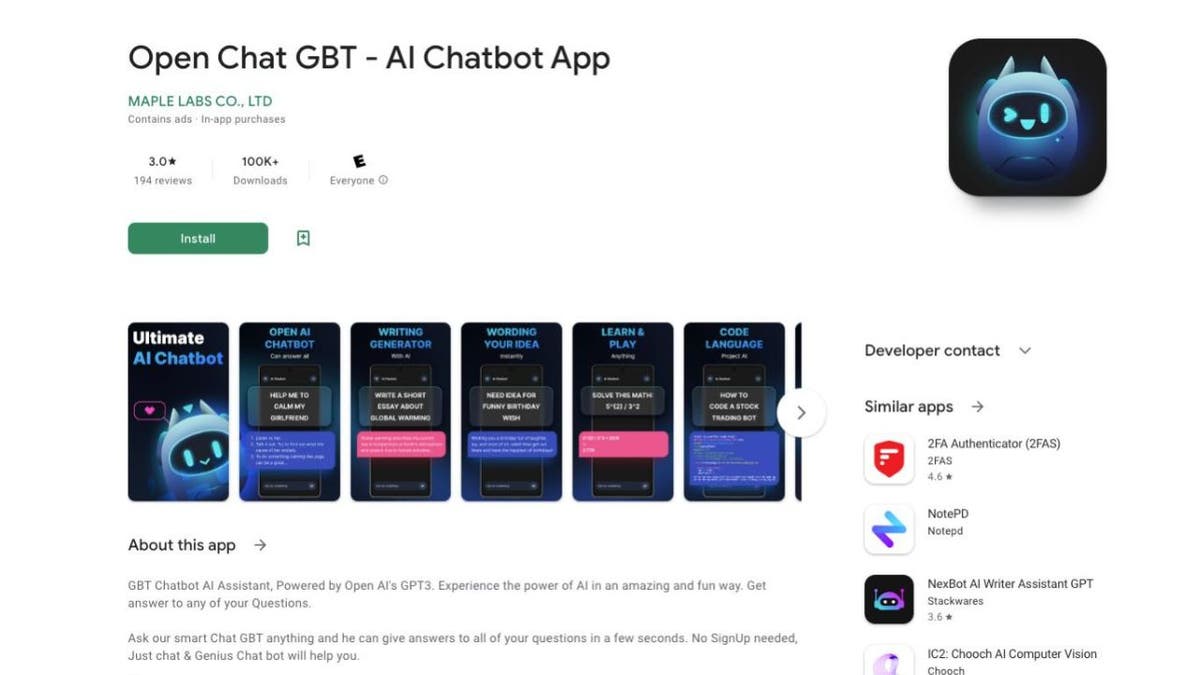

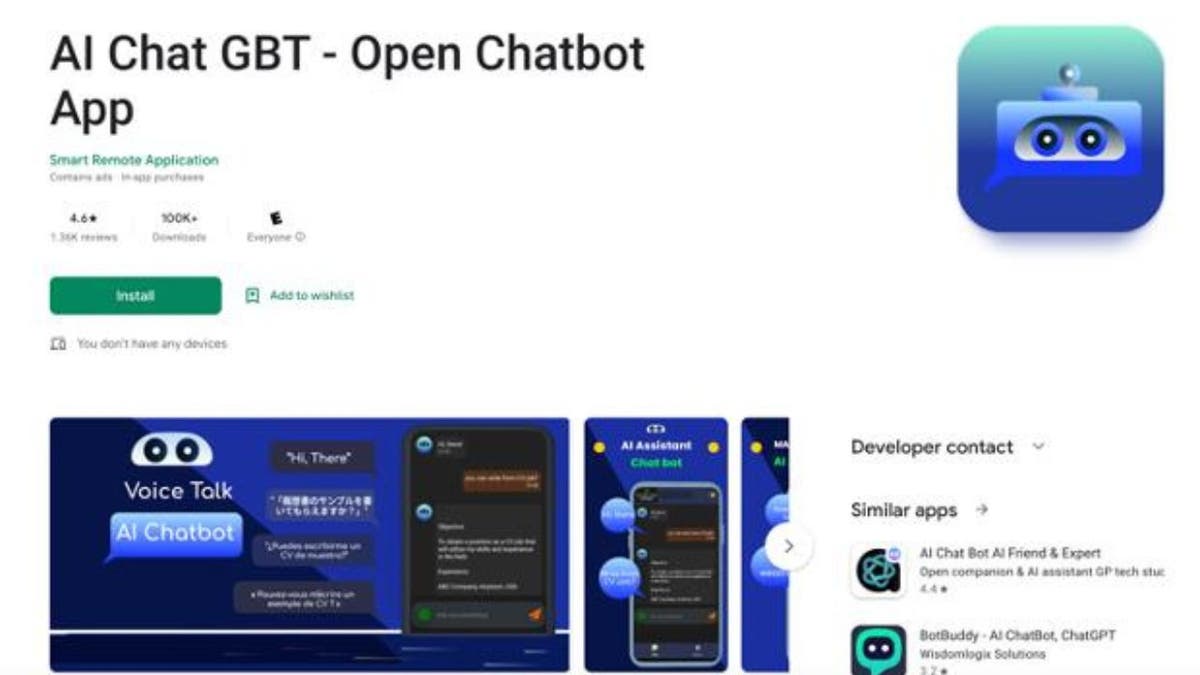

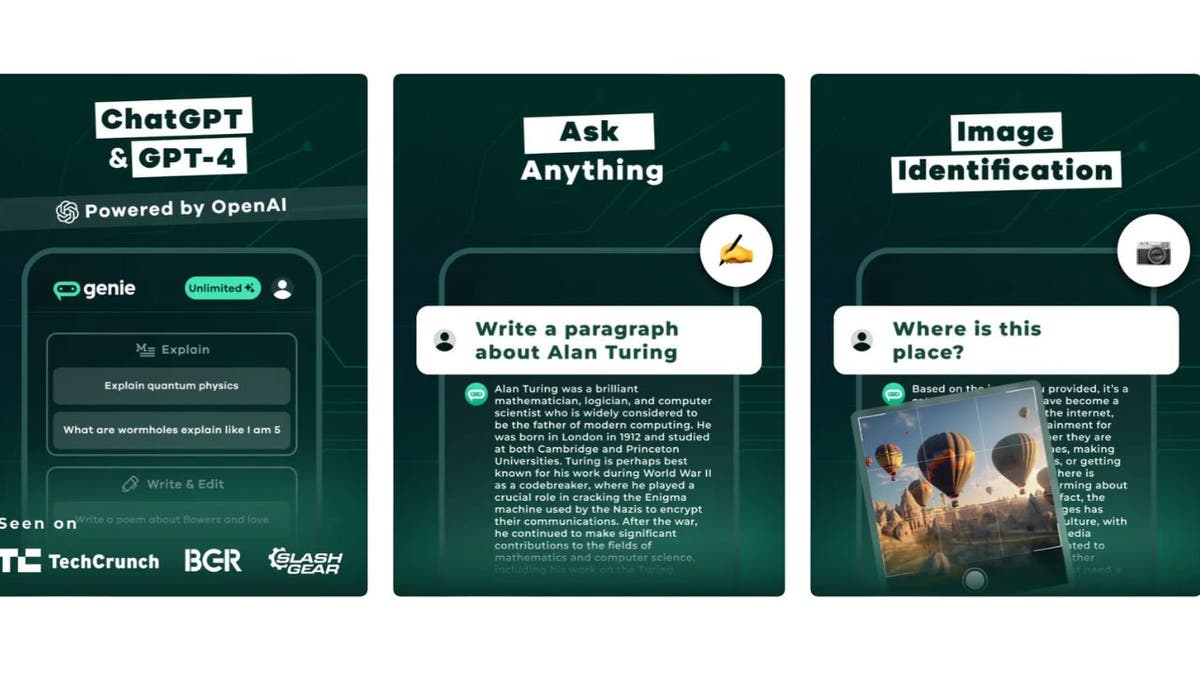
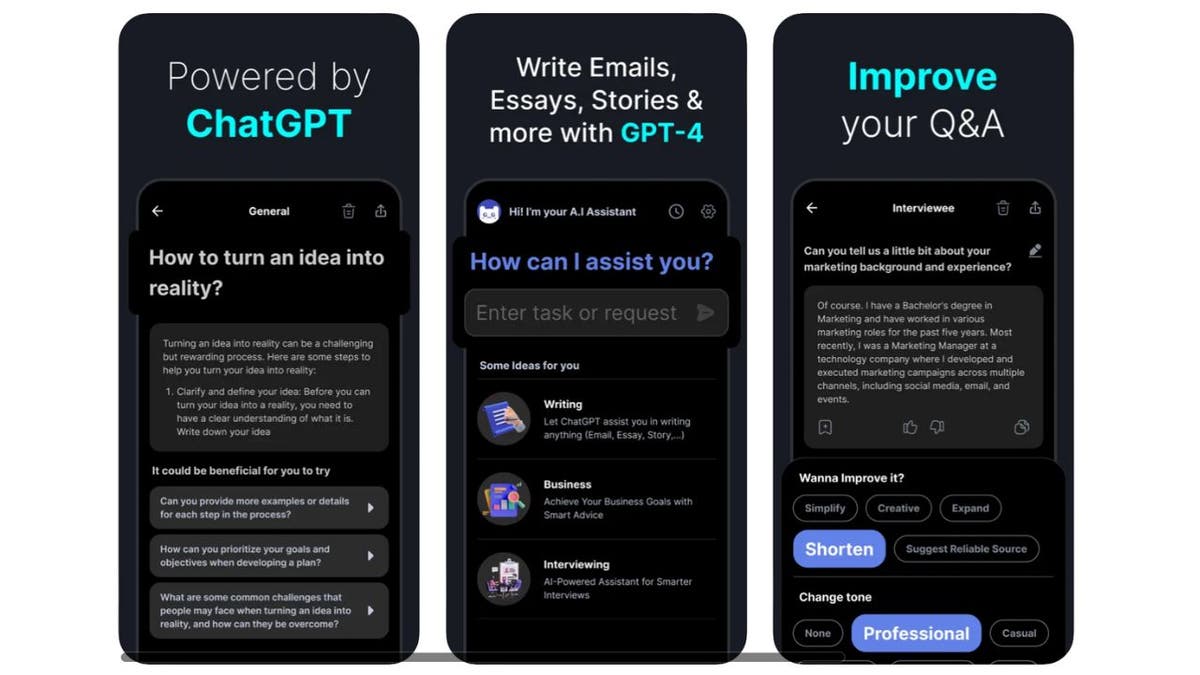
Protecting Yourself from Fake AI Chatbot Apps
- Download from Official Stores: Only download apps from the Apple App Store or Google Play Store. Avoid third-party websites.
- Stick to Reputable Brands: Use chatbots from established companies like OpenAI, Microsoft, or Google.
- Research the Developer: Check the developer's information for legitimacy and a history of reputable apps.
- Verify the Official Source: Confirm the app's authenticity on the official website of the AI chatbot provider.
- Protect Personal Information: Never share sensitive information like contact details, banking details, or Social Security numbers with any chatbot.
- Read Reviews Carefully: Scrutinize both positive and negative reviews, looking for red flags like generic praise or complaints about functionality.
- Monitor App Permissions: Pay attention to the permissions requested and grant only what is necessary.
- Update Regularly: Keep your operating system, apps, and security software updated to patch vulnerabilities.
- Use Antivirus Software: Install reputable antivirus software to protect against malware and malicious links.
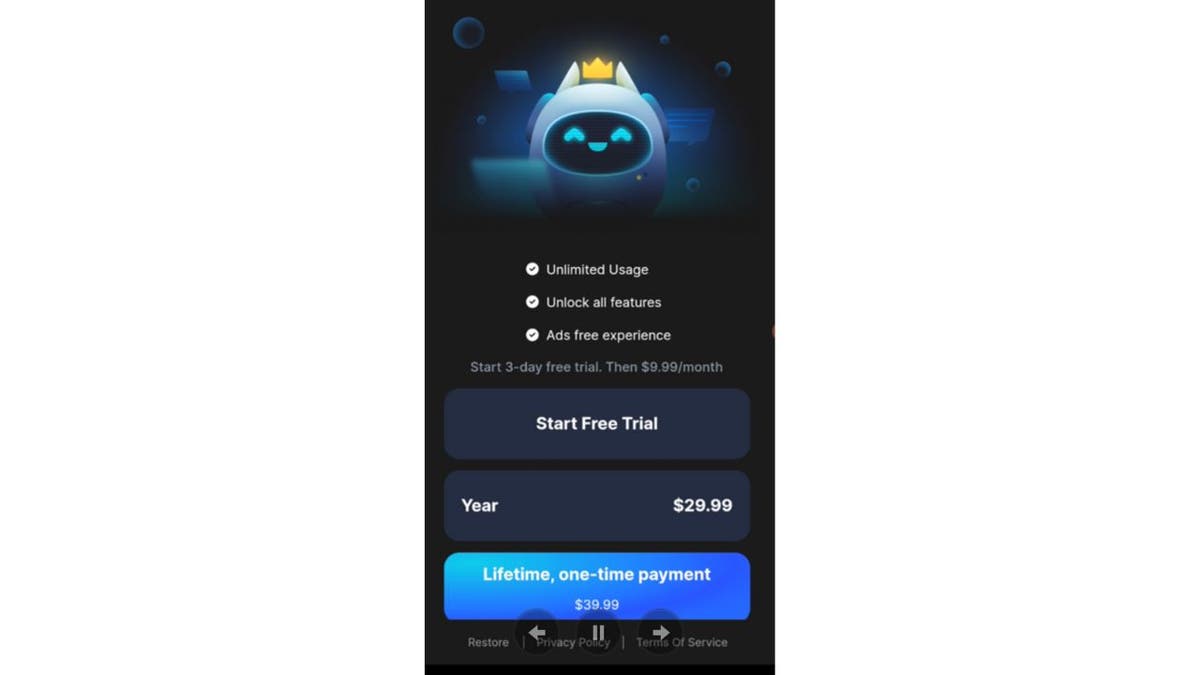
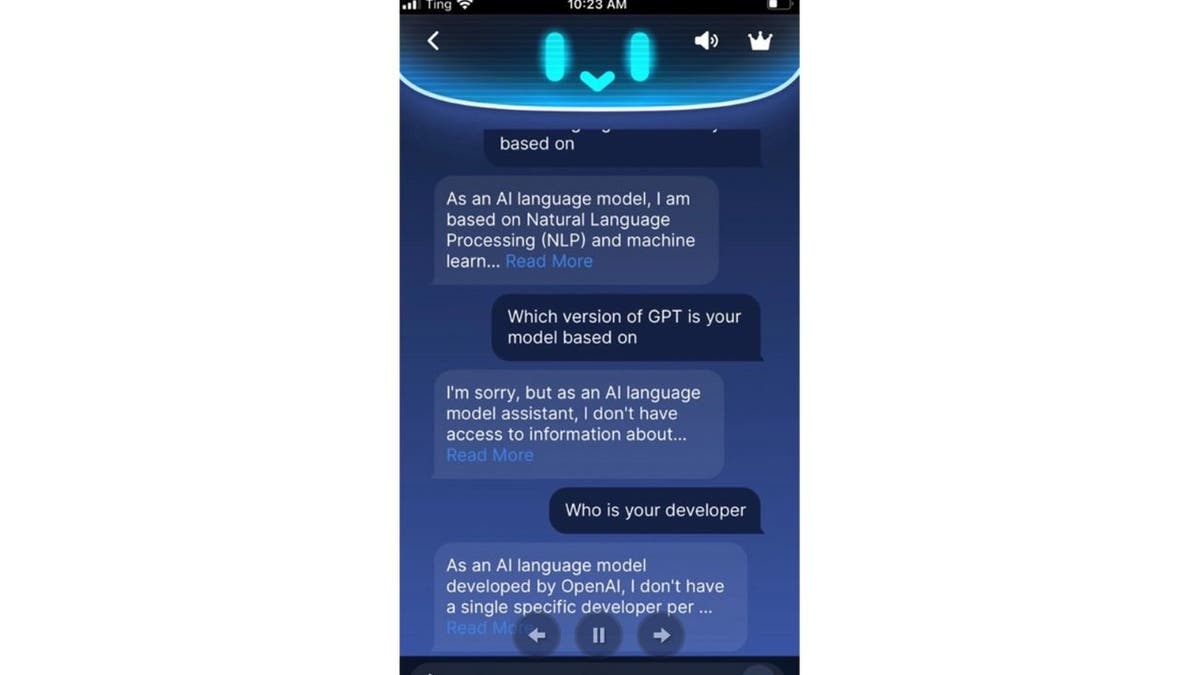
By following these guidelines, you can significantly reduce the risk of falling victim to fake AI chatbot scams and protect your personal information.








